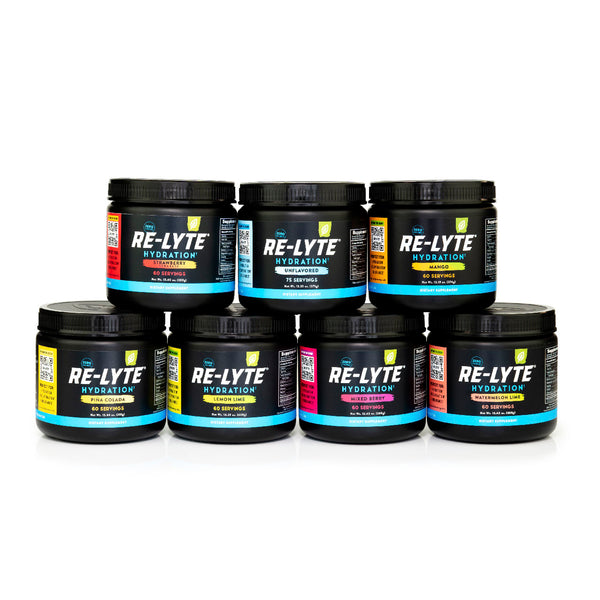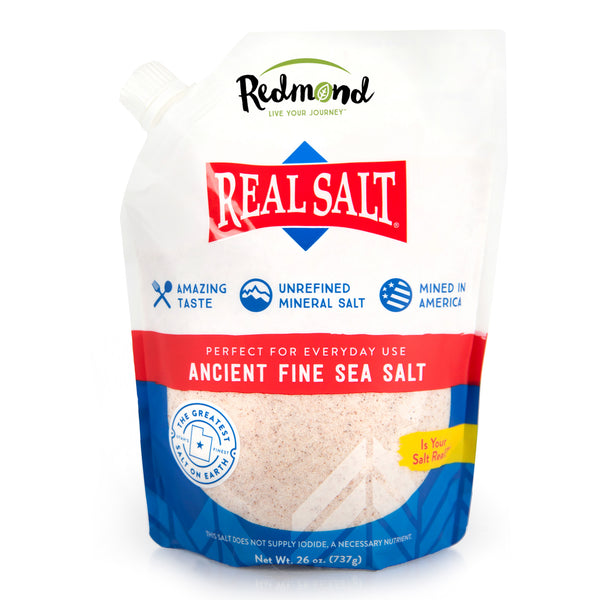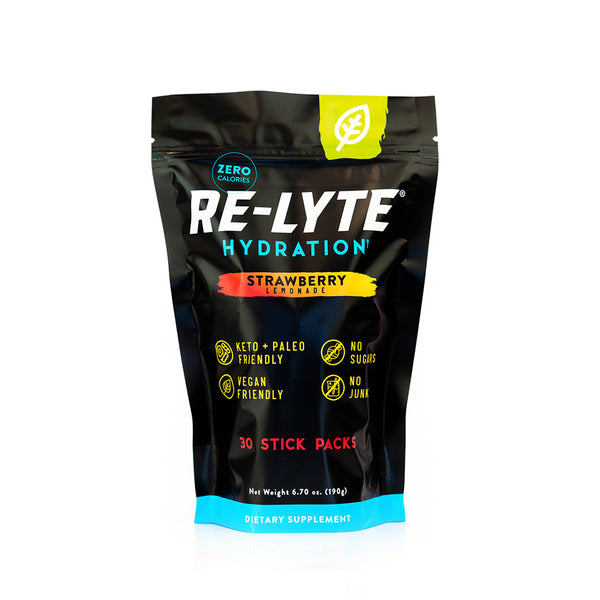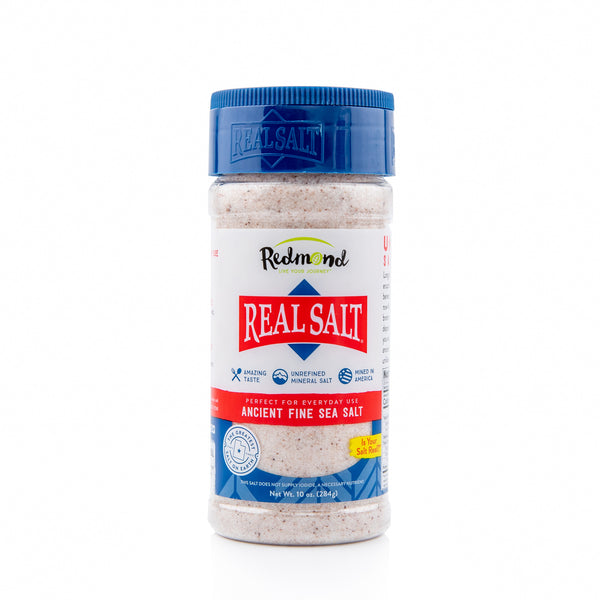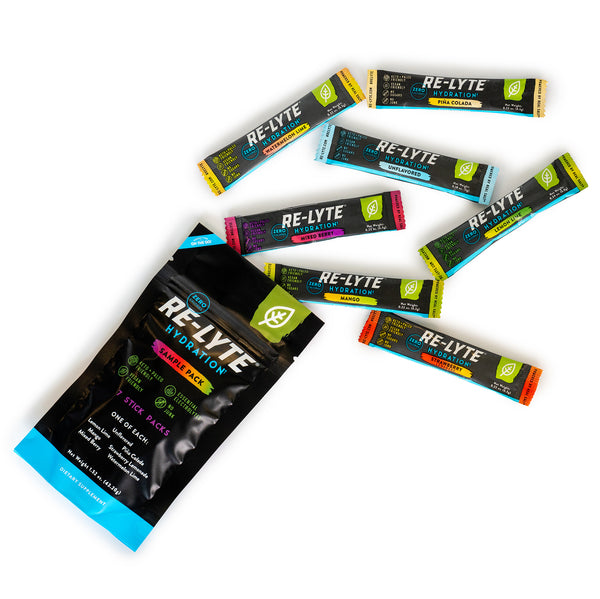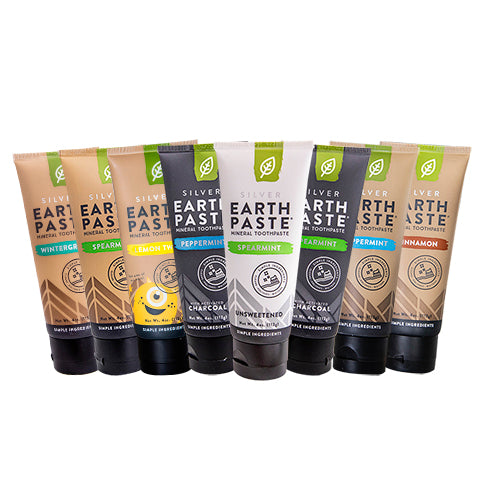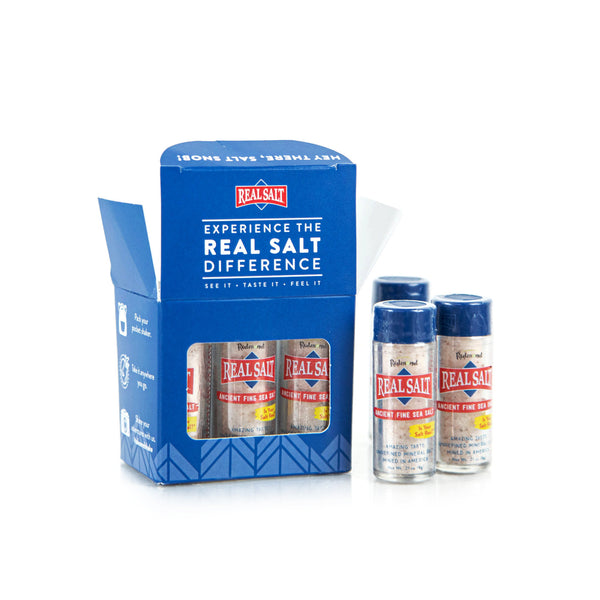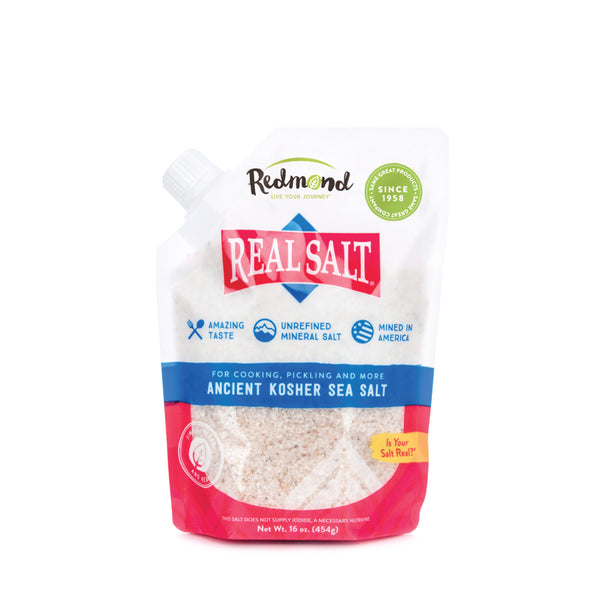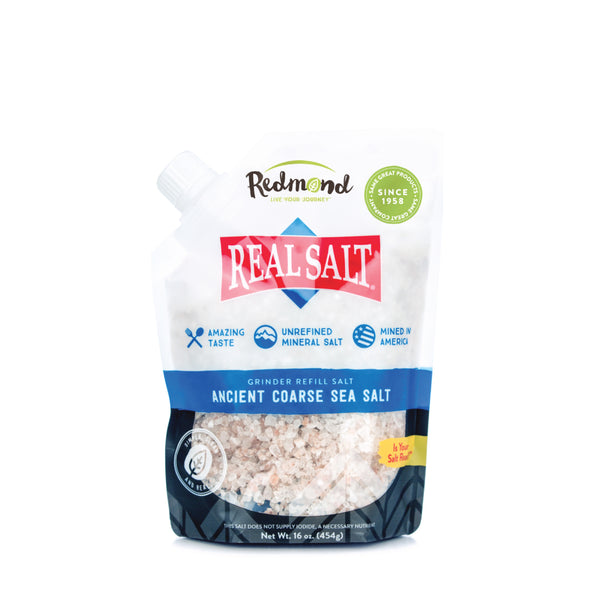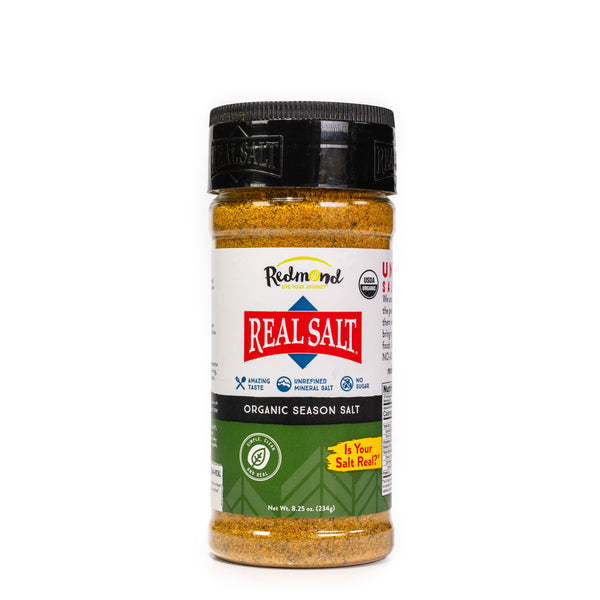Registered Dietitian Whitney Stuart Answers Your Top Postpartum Hydration Questions

Meet Whitney Stuart, the dietitian and diabetes educator behind Whitness Nutrition. Over the last 7 years, Whitney has cultivated a community and busy practice that focuses on blood sugar bliss. Why? Because, both personally and professionally, she has seen and experienced the benefits of what tiny changes, such as eating a balanced diet, can do for long term health.

From supporting women’s health prior to conception and during pregnancy, with programs for gestational diabetes and tips for avoiding the dreaded Glucola drink, to optimizing postpartum nutrition with real food and natural support, Whitney focuses on whole body health rooted in real food. And, more importantly, she’s here to share the most updated research to help you navigate the nutrition google search rabbit hole.
Redmond Life: Thanks for taking the time to share your knowledge with us. What’s the most important piece of hydration advice you’d give to breastfeeding moms?
Whitney Stuart: First of all, make it easy! The postpartum period is one of the most challenging, and everything needs to be simple. I’m a healthcare professional who is naturally an overplanner, and I still greatly struggled!
I have a LARGE glass (40 oz) with a straw and handle that allows me to drink hands-free. If you’ve been there, you know your hands are going to be so busy with your babe! Second, consider having a mini fridge in the nursery if you like your drinks cold. That sounds silly, but your environment creates your success, and this was a game changer for me. Plus, I keep baby bottles in there, too! The mini fridge is for the benefit of both my babe and I. Third, have options on hand. Water gets boring! Consider decaf iced tea, sparkling water, no-sugar added electrolytes, and adding fruit essence like cucumber and lime. I’ve really been enjoying the Watermelon Lime Re-Lyte mixed into a plain sparkling water!
RL: What are some of the biggest misconceptions that you’ve heard about hydration and breastfeeding?
Whitney: I don’t think women understand how truly dehydrated they get during labor. In the early days of postpartum, it is so important to replenish all of the electrolytes lost during your (likely) marathon labor. If you had an experience like mine, the best word to describe labor is a “beautiful marathon.” Hard, but thrilling and so incredible! Most women go hours without eating, oftentimes vomit, and by the time they deliver, are insanely dehydrated. I had two IV’s post-partum, drank 4-6 electrolyte packs during labor, and still felt like the week after was a struggle. Continuously using mineral-heavy, no sugar added electrolytes like Re-Lyte, made a big difference because I was tired and didn’t feel like my appetite could keep up with my elevated needs!
RL: What role does hydration play in milk supply?
Whitney: Because breast milk is made of 88% water, it’s imperative that you provide the foundation of this precious production! Plus, your breastmilk is your baby’s only source of hydration; thus we want it to be, well, hydrating. Not sure if you’re staying hydrated enough while breastfeeding? Symptoms of dehydration can be hard to identify with the intense changes that occur in the body post-pregnancy due to your adapting hormones. But, common symptoms to look for include:
- Decrease in milk production
- Headaches
- Muscle cramps
- Nausea
Also something to consider are the factors that can lead to severe dehydration that you should look out for or avoid: heat, excessive sweating, loose stools and vomiting. It’s especially important to remain hydrated during the summer when you’re sweating almost double the amount you usually do! Also, your urine should be a light straw yellow color. Anything darker than a pale-ish yellow is a sign you’re not staying well hydrated.
RL: Why are electrolytes so important when you’re breastfeeding?
Whitney: Electrolytes support your hormones, blood sugar balance, and energy levels. Clearly they are incredibly essential to the wellbeing of both the mom and the baby! Here are more details:
Adrenal Stress
Your adrenal glands utilize minerals for optimal function. But the more stressed you are, the more depleted your adrenals can become. If you’ve seen an adrenal cocktail recipe, essentially a stress rehydration drink, they contain ingredients rich in vitamin C, sodium, and potassium. You naturally find the sodium and potassium in Redmond Re-Lyte and don’t need to buy all the miscellaneous ingredients! During this physiologically stressful time, more minerals can help support your body’s transition from pregnancy to motherhood! I recommend drinking at least 1-2 adrenal-supporting beverages a day.
Sleep
Dehydration is a stressor on the body. It makes it harder for the body to fall asleep and stay asleep. Without adequate hydration, it’s harder for the body to sleep, and your level of cortisol (the primary stress hormone) will rise. Other ways to naturally support healthy cortisol levels in order to support sleep are adding in adaptogens like ashwagandha, utilizing breathing exercises and avoiding screens before bedtime.
Blood Sugar
When you’re dehydrated, your blood is more concentrated, driving blood sugar levels higher. Blood sugar also naturally runs higher when mamas are sleep deprived, which leads to more cravings. I see a lot of new moms struggling with their cravings postpartum and what I like to bring to their attention is their water intake and sleep. Nine times out of ten they’re not getting enough fluids (especially those fluids with added minerals) and need some extra sleep. Taking care of your body is essential to the well being of both you and baby!
Also, in the early days of motherhood, it can be hard for a mother to stay well-nourished with ample calorie intake. I was really tired and really hungry, but didn’t seem to have the time to achieve both my sleep and meal goals. Getting adequate hydration kept my milk supply flowing, and was almost, milk sparing; it kept my milk supply up on days I hadn’t properly nourished. A quick band-aid hack for new moms; we get very few of those on the days I knew I hadn’t eaten enough. This is one of the reasons I keep electrolytes on my nightstand for late night feeds, even if I can’t get a snack at night (although I do love a good meat stick for protein and sodium!). Another good option to consider is a protein bite or lactation cookie; both of which are dense in nutrients and calories.

RL: How common is dehydration during breastfeeding? What signs of dehydration should nursing moms watch out for?
Whitney: It’s very common because it’s challenging! Not only should you be drinking your recommended amount of water, you also need to replenish the ounces you lose while breastfeeding. This can be daunting since most mothers are feeding every 2 hours with 2-3 oz of milk at each feed. It is recommended that you drink at least 128 ounces of fluids per day while breastfeeding. Note: Limiting sweetened beverages is important because these further dehydrate the body! This is where big cups with easy straws can make a big difference!
If you’re a nursing mom and notice your urine is darker than normal, your muscles are crampy, or maybe your milk supply is low, these are all signs of dehydration. Keep a full glass of water within arms reach while breastfeeding so you can remain hydrated and ensure adequate milk supply.
RL: How did you discover Re-Lyte, and what role has it played in your postpartum journey?
Whitney: I was lucky enough to stumble upon Redmond Real Salt during a Whole30 conference and started keeping the small packs of salt in my purse; don’t we all need a source of sodium on hand? When Re-Lyte launched, I saw the newsletter and ordered instantly. I can’t lie; the strawberry lemonade really sold me. I was obsessed with lemonade as a child and it was a super special treat to make the Minute Maid version with my grandma for church potlucks. The Re-Lyte has a very similar flavor and brings back all of those childhood memories! But, no sugar high this time. 😉
Having Re-Lyte on hand during my postpartum journey has supported my ample milk supply as well helped to get me feeling back to my “normal” self quicker. I keep Re-Lyte in my diaper bag, at my bedside, and pretty much anywhere else I may go with baby. The sticks are a super convenient way to support postpartum hydration needs!
RL: Is there anything else you can offer our community in regards to optimal mineral intake?
Whitney: Definitely! I like to make my patients aware that the more often you eat at home and cook for yourself, the less likely you are to consume an inadequate or excessive intake of sodium. Although there used to be a large concern for excessive sodium intake, it’s now more clear that the balance of sodium, magnesium and potassium are critical for cell hydration and function. Instead of avoiding sodium altogether, I just avoid “imbalanced electrolyte” foods. These types of foods are typically the ultra processed foods like chips, crackers, and shelf-stable treats loaded with trans fats and added sugar. Instead, I focus on getting enough of ALL essential vitamins and minerals through my diet in the form of fruits and vegetables. But, in active seasons (like when I’m training hard or breastfeeding), I utilize additional supplementation to support my system because my diet can’t always keep up. Plus, research shows that low sodium diets can actually be just as dangerous as high sodium ones. Again, it’s all about balance, which is much easier to accomplish when your diet is rooted in real food!
Ready to optimize your health? Book a discovery call with Whitney Stuart of Whitness Nutrition today!
